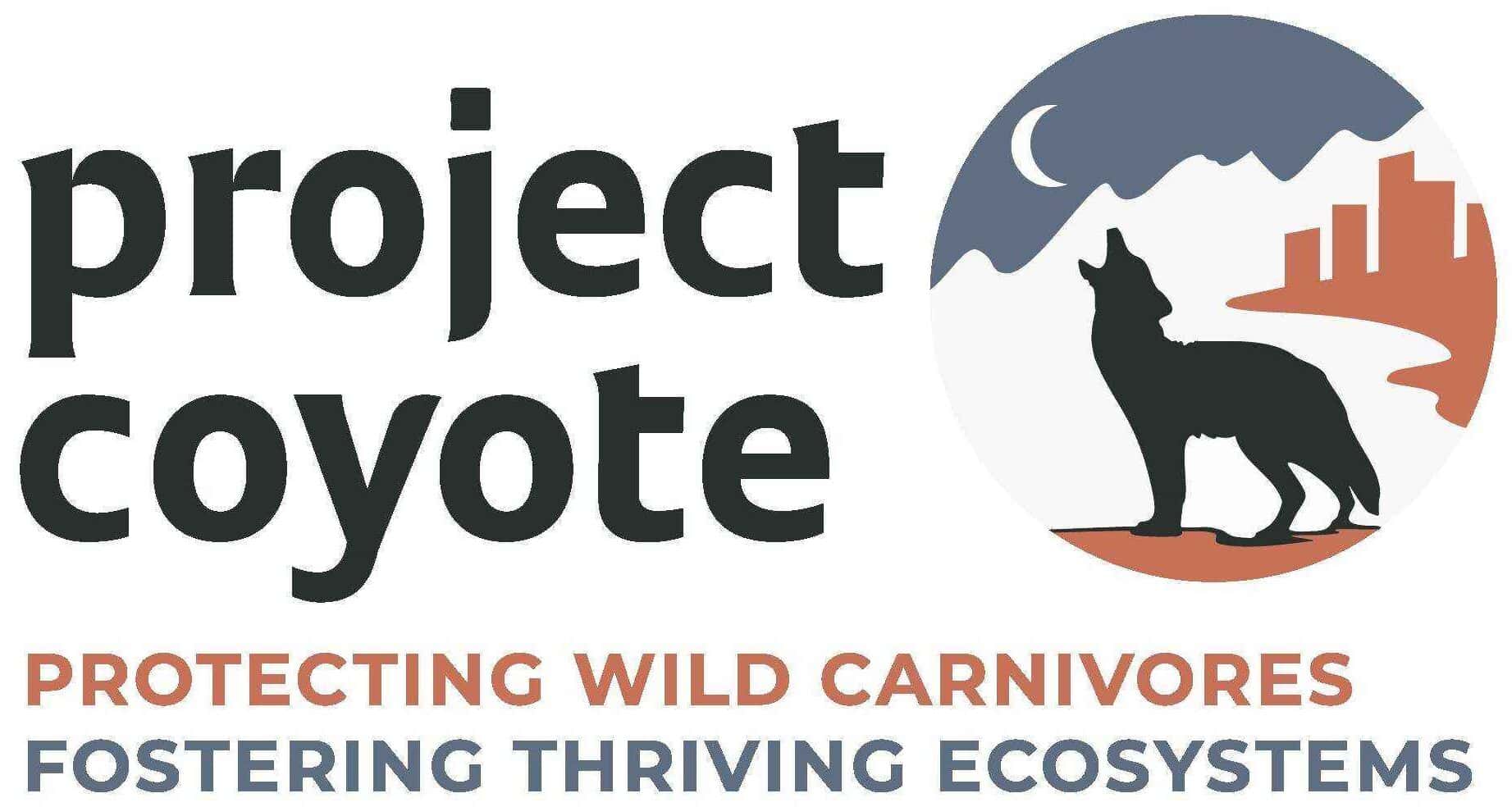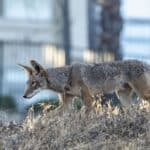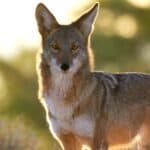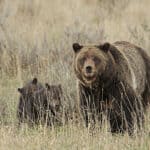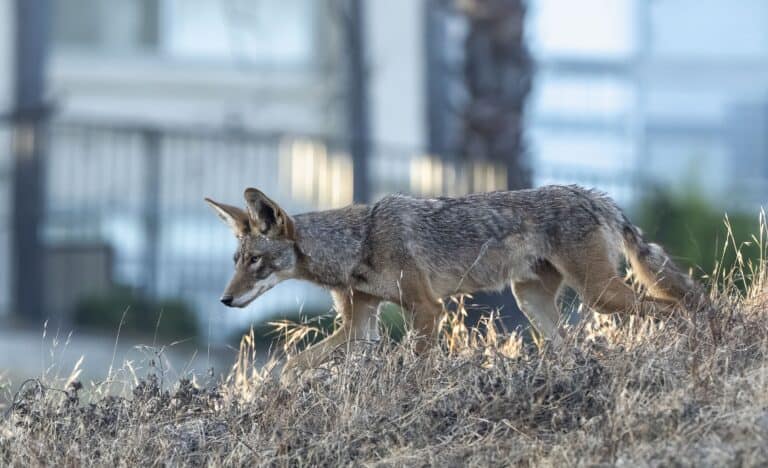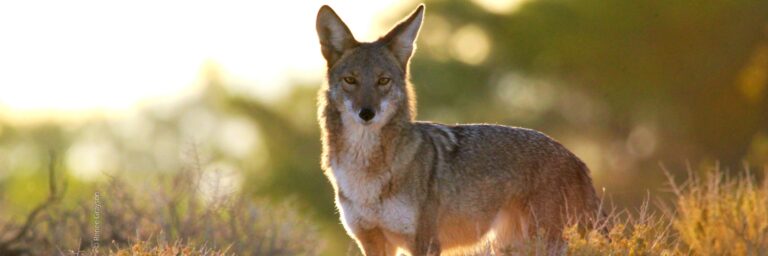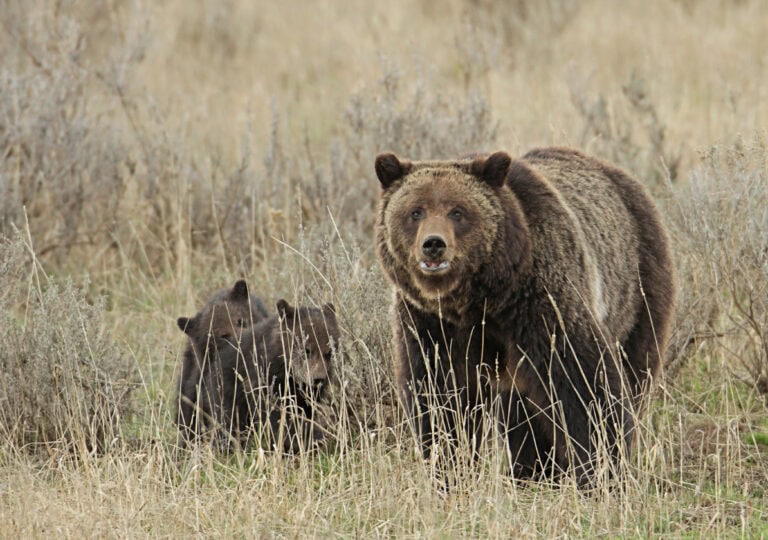Speak up to oppose black bear trophy hunting
New Jersey Governor Murphy has abandoned his previous commitment to end bear hunting. Last November, he reversed his 2018 Executive Order to ban bear hunting on state lands and directed the New Jersey Fish and Game Council to reopen an “emergency” December black bear hunting season that took the lives of 114 bears.
Killing bears is not an evidence-based solution to reducing human-bear conflicts. Instead, research confirms the solution is non-lethal management, improved public education and outreach about not feeding wildlife, and bear-proofing properties.
The NJ Fish and Game council is now considering a Black Bear Management Policy that would establish a permanent bear hunting season. We need your help in opposing this proposal!
Join us in letting the NJ Fish and Game Council know that New Jersey residents want to protect, NOT kill our state’s black bears!
Here’s how you can help:
- Submit written comments via this online form by February 3rd.
- When filling out the form, please answer the following questions accordingly:
- For “Comprehensive Black Bear Management Policy” select “Oppose”
- For “Harvest of bears within 300 ft of a baited area prohibited” select “Support”
- For “Harvest of cubs <75 pounds prohibited” select “Support”
- For “Harvest of adult accompanying cub(s) <75 pounds prohibited” select “Support”
- In the text box for each question, craft your comments in your own words using these talking points. You also have the option to upload any additional comments via a separate document at the end of the form.
- When filling out the form, please answer the following questions accordingly:
- Attend the NJ Fish and Game Council’s public hearing on Wednesday, January 18 at 1:00 to 8:00 p.m. EDT to provide oral testimony.
- The meeting is in-person only and will be held at NJ State Museum Auditorium 205 West State Street, Trenton, NJ 08625.
- Draft your testimony using these talking points. Plan to keep your testimony under 1-2 minutes.
- Spread the word by sharing this alert with other New Jersey residents and encouraging them to take action.
* * * * *
Talking Points
(Please personalize and be respectful)
- Bear populations are self-regulating, without any need for hunting, to achieve natural densities.
- Bears reproduce very slowly and are highly susceptible to overkill. A female only reaches adulthood at approximately 4 years of age. She then gives birth to 2-3 cubs/year and has litters only every 2-3 years (depending on food resources, which are compromised by increasing wildfires and drought). Trophy hunters target breeding adults, which disrupt the animals’ social structure and further slow reproduction.
- Extreme climate events catalyzed by climate change, such as record-level drought and heat in 2022 negatively impact bears, in particular through habitat destruction and reductions in food sources. Although these events are increasing in frequency, they are not considered in population estimates or the proposed Black Bear Management Policy. Population modeling fails to consider super-additive mortality caused by extreme climate events and anthropogenic factors such as surges in deaths by vehicle strikes. These events disproportionately affect females, some with cubs.
- Current scientific understanding acknowledges bears as feeling, thinking, self-aware beings who undoubtedly value their lives and wellbeing. Empirically and holistically we know bears and humans share most of the chemical, biological, anatomical and, to some extent, cognitive and emotional structures allowing for the sharing of basic emotions and interests such as joy, stress, sociability, wanting freedom from harm, to live and flourish. Ethical consistency demands that we apply the same consideration for bears as we do for other beings who share similar experiences and interests (e.g., companion animals).
- Bears benefit our shared ecosystems, are members of our multispecies community, and deserve our protection rather than persecution. They contribute community benefits through their top-down regulatory effects on ecosystems. Accordingly, ethical coexistence demands respect and consideration for bears in relevant policies and regulations.
- Black bears eat fruit and disperse seeds across vast distances.
- Black bears disperse fish remains on land, contributing to the dispersal of marine nutrients to terrestrial ecosystems.
- With various natural behaviors, bears cause small-scale disturbance to the canopy, allowing sun to filter to the forest floor and increase diverse plant growth.
- They improve soils by breaking logs while searching for food, which aids decomposition and soil nutrients.
- Most Americans oppose black bear hunting, and a majority support an outright ban of hunting black bears. Yet this proposal goes beyond ignoring the values of most Americans by promoting the opposite views. It sanctions harmful behaviors towards cherished wildlife!
- Hunter demand cannot be the primary driver of wildlife management when hunters constitute less than 1 percent of New Jerseyans and even fewer hunt bears. Instead, the agency should holistically consider science, ethics and the broad public interest in protection and coexistence rather than killing.
